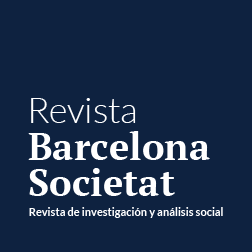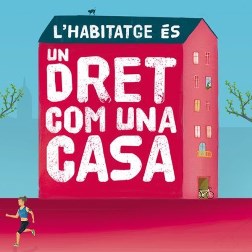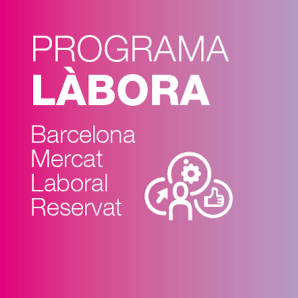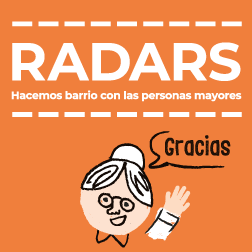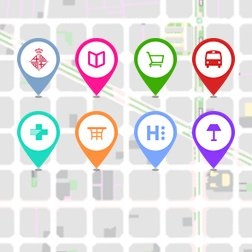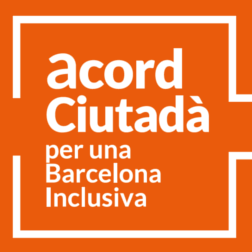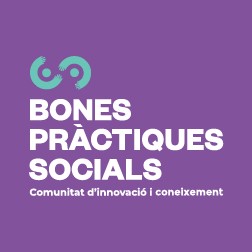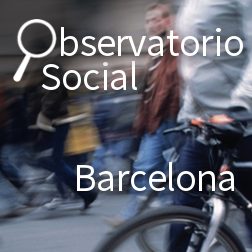Play support for young children and adults with disabilities
04/08/2022 - 12:28
The Area for Childhood at the Municipal Institute for People with Disabilities has launched a pilot project aimed at children and adults with disabilities who need support to enjoy play areas in city parks. The first of its kind in Spain and Europe, the service was launched in July and has already benefitted several families with young children and teenagers between the ages of 3 and 15, plus parents and legal guardians with disabilities.
The service consists of physical assistance by specialist staff with support equipment. For instance, accompanying adults with disabilities inside the park (from the entrance to the play area or rest area), explaining the distribution of elements in these areas so they can decide for themselves where they want to play with their children, help with getting to points where children are playing and any other assistance they need to be able to play with their children. The support slots last 60 minutes each, initially up to a maximum of ten sessions per user from 4 July to 7 August (five weeks), and from 29 August to 27 November 2022 (13 weeks).
The plan aims to offer young children with disabilities a chance to play in public space, as recreational activity is a fundamental part of development and well-being. At the same time the goal is to boost relationships between children with disabilities and other children and their families, promoting inclusion in the community.
Play plan and strategy to combat loneliness
The project comes within the framework of two municipal strategies: the Play Plan for Public Space and the Strategy to Combat Loneliness. During the project, an assessment will be made of the service and its impact and benefits for children and families.
As part of the process to develop the project, the Fundació Institut Guttmann was tasked with carrying out a study in 2020. The study concluded that play support services for children and adults with disabilities were non-existent in Spain and Europe, identifying a clear need for play support for children with severe disabilities and parents or guardians with disabilities in Barcelona.
Another conclusion in the study was that support needs to be physical, but that educational and social assistance are also very important to facilitate the inclusion of these children in play dynamics in public space.






